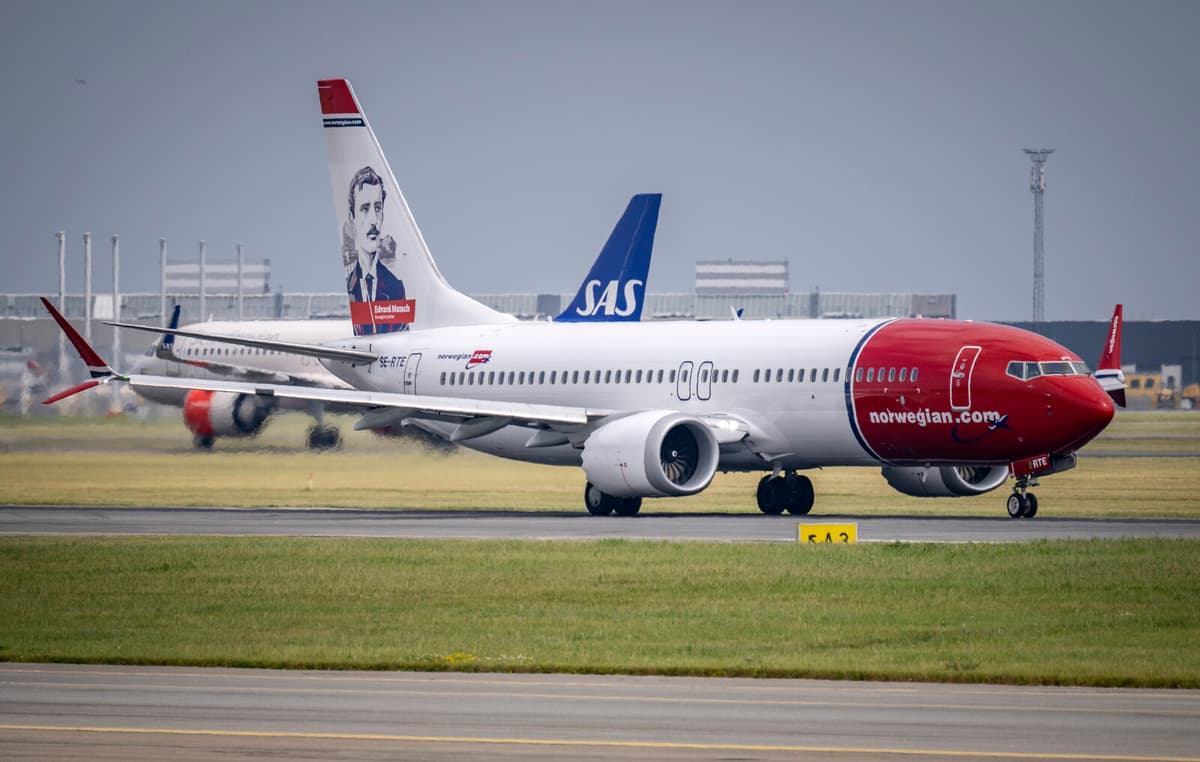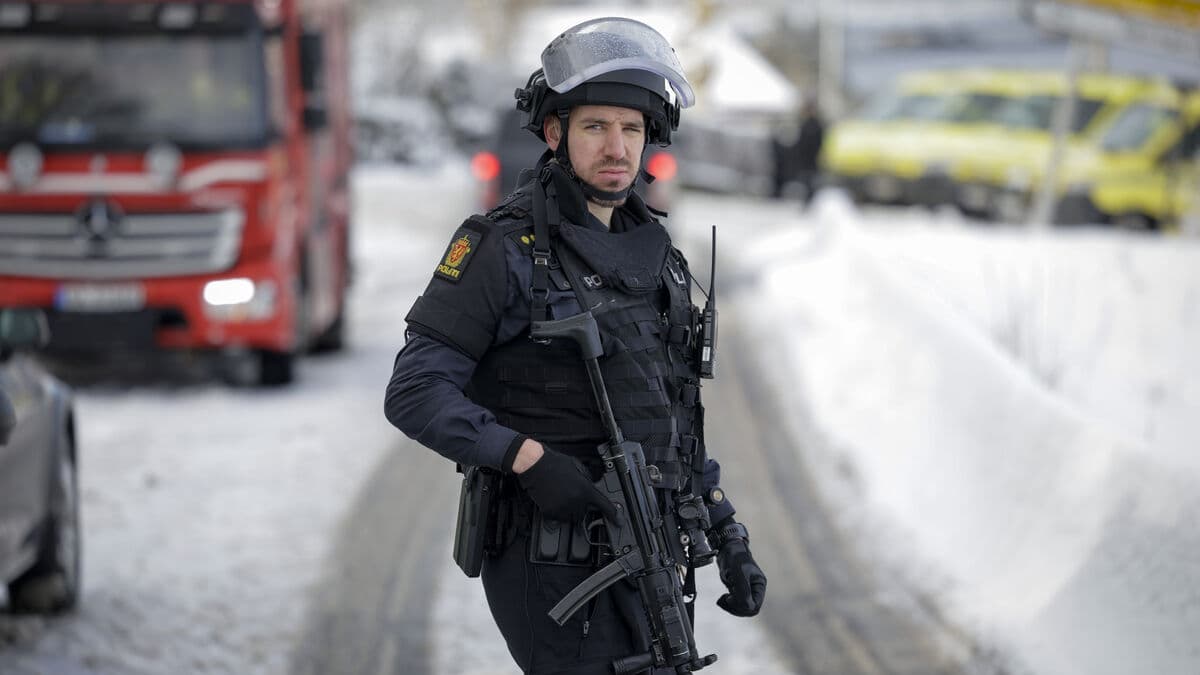Even the Federation President Tommy Wreeth is satisfied.
"The agreement means changes that the employers have not provided for in decades. Now we have got a historic agreement that I stand behind with pride. The settlement means improved conditions and terms for cabin crew members," he says in a press release.
The agreement has been worked out with the assistance of mediators, who on Saturday evening after intense negotiations for more time from the parties. Had they failed to reach a solution, a strike would have occurred early on Wednesday. But that did not happen.
Secure terms
The agreement applies for two years and includes, among other things, a 6.4 percent salary increase.
This conflict has not been about money, but about how to achieve secure terms both in the central cabin agreement and in local negotiations. We have through this agreement changed how local negotiations are conducted, i.e., how the negotiation process will be at each airline. It is a major change since one was previously limited by peace obligations during local negotiations," says Elin Lörnbo.
"After conflict notice and mediation, we now have an agreement in place. The most important thing for us has been that the cost increases do not exceed the framework set by the industry's parties within the so-called mark," says Swedish Aviation Industry's chief negotiator Linda Räfsbäck in a press release.
Maximum flight time
The LO-affiliated Transport, which took over the negotiating right earlier this year from the white-collar union Unionen, highlights two other parts of the new cabin agreement. Firstly, employees can now credit branch experience when switching airlines, which was previously not possible and affects placement in the salary scale. And secondly, a maximum flight time of 47.5 hours per rolling seven days is introduced.
The cabin agreement includes eleven companies and approximately 2,400 cabin crew members, according to the employer.






